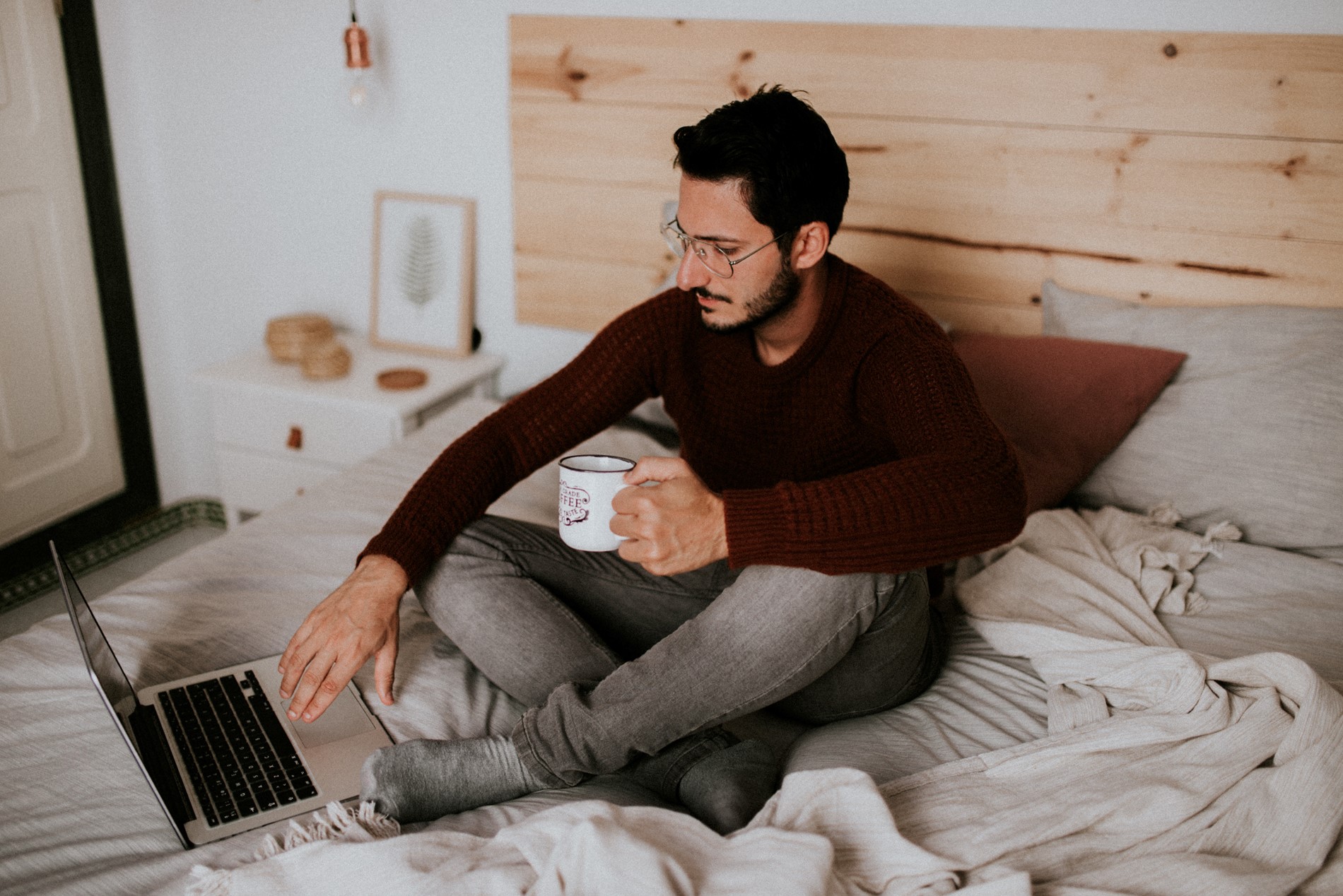Casual sex on hold during COVID-19 lockdown
|
Disclaimer: This content was written and published during the COVID-19 Alert levels and lockdown and 2020. We’re keeping the article up as we think it's important to keep a record of the info and advice being given during this time – but please remember the context in which it was written is way different to much things are now.
To maintain an accurate record of our history, we have kept references to previous organisation names and terms such as New Zealand AIDS Foundation, Ending HIV and Love Your Condom. |
As the country moves to alert level 4, NZAF warns against breaking the requirements of the lockdown to engage in casual or anonymous sex.
“The lockdown is in place to keep transmissions of COVID-19 as low as possible and to protect vulnerable members of our communities,” says NZAF CEO Dr Jason Myers. “People should not even be considering leaving the house for casual or anonymous sex and should not be inviting people into their homes.”
“People should not even be considering leaving the house for casual or anonymous sex and should not be inviting people into their homes.”
While COVID-19 isn't a sexually transmitted infection, we have learnt that close contact with a person infected with COVID-19 is extremely high risk. Any sexual contact, including kissing, involves an exchange of bodily fluids and creates an even higher risk of transmission.
“We have tools such as condoms to prevent HIV and other STIs but COVID-19 is not an STI and requires different prevention measures,” says Dr Myers.
“We acknowledge that sex and intimacy are great ways to help stay connected and boost mental wellbeing, and we acknowledge that sex will continue to be a part of our lives in the coming weeks and months.”
NZAF recommends consensual phone sex, webcam sex and masturbating as alternatives to casual sex during the lockdown.
“People living with HIV or other immunity concerns will understandably be worried about their health if they were to contract the virus,” says Dr Myers. “We can help alleviate those fears by changing our sexual practices and staying indoors to keep community transmissions of COVID-19 low.”
At present, there is no evidence to determine whether people living with HIV are at greater risk of acquiring the new coronavirus or developing more severe disease as a result of that infection. NZAF is keeping ahead of any developments in this area.
NZAF’s community services have been impacted by the lockdown but are still available in different capacities - HIV testing clinics in Auckland, Wellington and Christchurch are closed, but HIV self-test kits can be ordered.


